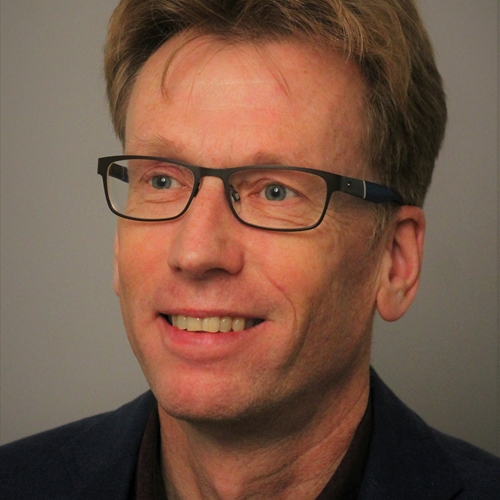
Eric Groen

My research is aimed at supporting pilot performance in demanding situations which may, for example, lead to startle or surprise, spatial disorientation, and loss-of-control in-flight.
Professorship chair
Aerospace, Transport and Manufacturing (Cranfield University).
Research area
My research is aimed at supporting pilot performance in demanding situations which may, for example, lead to startle or surprise, spatial disorientation, and loss-of-control in-flight. If not recognized and adequately managed by the air crew these situations may have catastrophic consequences. My expertise in this area is valuable for students of the Air Accident Investigation Course, which is organized bi-annually by Cranfield’s Safety and Accident Investigation Centre (headed by Prof. Graham Braithwaite). This course is targeted at professionals from various military and commercial aviation organizations, such as air forces, airlines, and safety boards. Hence, lecturing at these courses helps to increase TNO’s visibility in a large network.
Another ambition is to set up mutual research programs between TNO and Cranfield University. For this I work closely together with Dr. Wen-Chin Li of the Centre for Safety & Accident Investigation. In the scope of this collaboration with TNO, Cranfield university has access to their own research aircraft, pilots, and test subjects for in-flight experiments on human factors. This offers a great opportunity to investigate spatial disorientation, or to validate physiological monitoring equipment in a real aircraft.
Top publications
- Groen EL, Clark TK, Houben MMJ, Bos JE, Mumaw RJ. Objective Evaluation of the Somatogravic Illusion from Flight Data of an Airplane Accident. 2022; 8(4):85. https://doi.org/10.3390/safety8040085.
- Landman, A., Davies, S., Groen, E. L., et al., “In-flight spatial disorientation induces roll reversal errors when using the attitude indicator,” Applied ergonomics Vol. 81, 102905, 2019.
- Ledegang, W.D., Groen E.L. “Spatial Disorientation Influences on Pilots’ Visual Scanning and Flight Performance”, Aerospace medicine and human performance Vol. 89 (10), pp. 873-882, 2018.
- Nooij, S.A.E., Wentink, M. Smaili, et al., “Motion simulation of transport aircraft in extended envelopes: Test pilot assessment,“ Journal of Guidance, Control, and Dynamics, Vol. 40 (4), pp. 776-788, 2017.
- Landman, A., Groen, E.L., van Paassen, M.M. et al. “Dealing with unexpected events on the flight deck: a conceptual model of startle and surprise,“ Human factors 59 (8), 1161-1172, 2017.
Soesterberg
Kampweg 55
NL-3769 DE Soesterberg
Postal address
P.O. Box 23
NL-3769 ZG Soesterberg
-
Telefoon:+31 88 866 15 00
-
Email:[email protected]